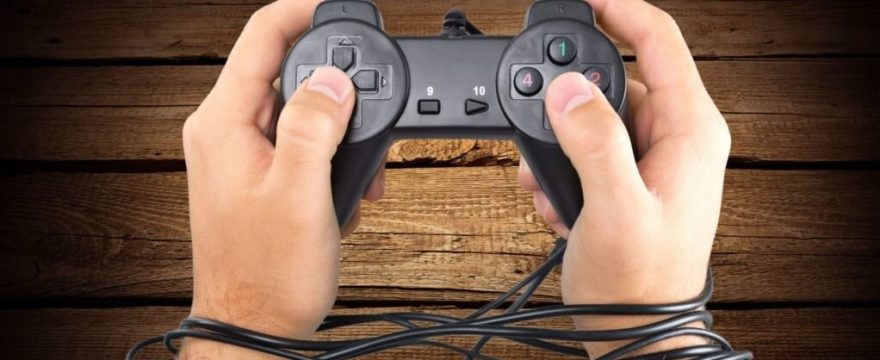Why is there concern?
By Emily Battaglia
An article published in the journal Psychological Science indicates that youth in the United States may be at risk for addiction to video games. According to the historic Harris poll of 1,178 American children and teens (ages 8 to 18), 8.5 percent of those who played video games exhibited six of 11 addiction symptoms.
These symptoms included skipping household chores or homework to play video or computer games, poor performance on tests, and playing video games to escape problems.
Experts are comparing video game addiction to other pathological non-substance related behaviors like compulsive gambling. Researchers at Iowa State University, who conducted the study, actually utilized gambling addiction criteria to help develop the self-administered questionnaire.
Currently, no clinical diagnosis exists for video game addiction, although this may change with the publishing of the World Health Organization’s (WHO) newest diagnostic manual.
In general, boys exhibited a greater number of addictive symptoms than girls. Boys tended to exhibit two or more of the 11 symptoms, while girls were more likely to show two or fewer.
In addition to the symptoms listed above, other symptoms of gaming addiction exhibited by youth who played video games includes excessive thinking about playing games, excessive planning for the next opportunity to play, trying to play less and failing to do so, becoming restless or irritable when trying to play less or stop playing, lying about how much they play, and stealing a game or stealing money to buy a game.
The study found that the length of time that youth had been playing and the amount of time spent playing on a regular basis were linked to gaming addiction. In general, pathological gamers had been playing for a greater number of years than gamers who were not addicted to playing. In addition, pathological gamers spent twice as much time playing games as non-addicted gamers.
Researchers found that video game addicts were more likely to have gaming systems in their bedrooms; however, having just television or the internet did not appear to increase the likelihood of gaming addiction.
David Walsh, president of the National Institute on Media and the Family, which provided some funding for the study, hopes that parents will take notice of the study results. “I would hope parents pay attention to this.… Most kids play video games and enjoy them and it’s just one of the things they enjoy doing. But for 1 out of 10 kids, it is a problem.”




It’s really a good message to the parents as well as to the youngers who are engaging in such kind of potentially harmful electronic games.The WHO’s ICD-11 will put this problem as an Addiction Mental Health Disorder in the newest diagnotic manual .It should be addressed as such because we are gonna have to face these new Addiction promblems more and more in the near fulure.